Description
Introduction
- Corrosion coupons in pipelines are small, specially prepared test pieces of metal or alloy that are inserted directly into a system to monitor the corrosive activity. They serve as a representative sample of the system’s material. By periodically removing these coupons and analyzing the extent and type of corrosion, one can determine the rate at which the system’s materials are deteriorating. This information is crucial in industries like oil and gas, water treatment, and chemical processing, where the integrity of pipelines and vessels can be compromised by corrosion. The data gathered from corrosion coupons helps in making informed decisions about system maintenance, potential modifications, and the need for corrosion inhibitors.
- Monitoring corrosion in pipelines is crucial for ensuring safety, as unchecked corrosion can lead to leaks or catastrophic failures. Economically, proactive monitoring prevents costly shutdowns and repairs, while also enhancing operational efficiency by preventing blockages. Regular corrosion checks also help companies adhere to industry regulations, make informed maintenance decisions, and protect the environment from potential spillages. In essence, it’s a vital practice for the longevity and efficiency of pipeline infrastructure.
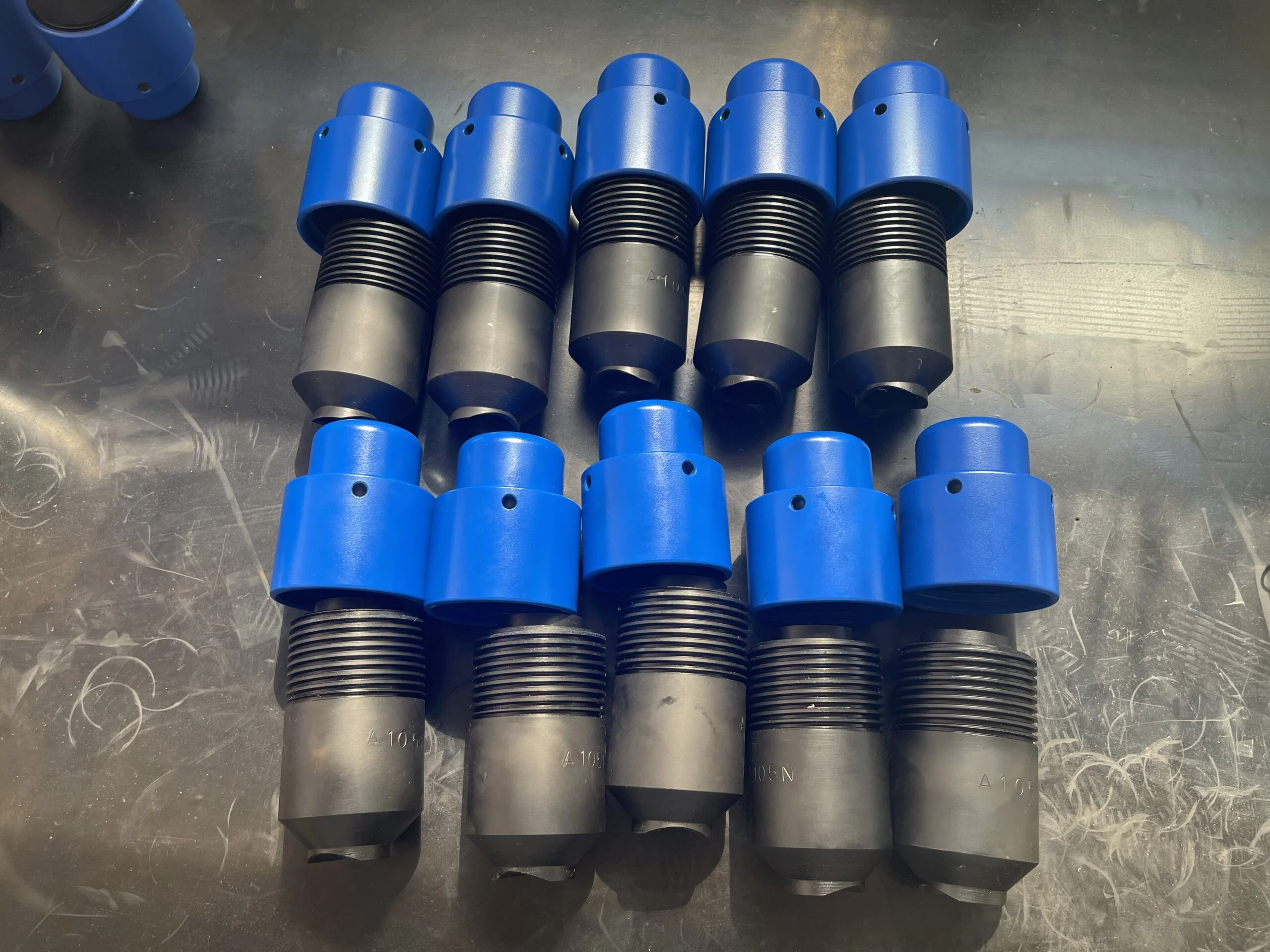
Types of Corrosion Coupons
- Strip coupons are the most common type of corrosion coupon. They are rectangular strips of metal that offer a straightforward design, making them easy to manufacture and handle. Their simple shape allows for consistent and uniform corrosion, providing reliable data on corrosion rates.
- A Ladder Corrosion Coupon is a specialized configuration that typically consists of two or three pairs of corrosion coupons, often made of the same or different metals. Arranged in a ladder-like structure, this design is instrumental in studying both general and galvanic corrosion.
- Disk coupons are circular in shape and are often used in systems with flowing liquids, such as pipelines. Their design is advantageous for studying erosion-corrosion, which occurs due to the combined effects of chemical attack and physical abrasion from fluid flow.
How Corrosion Coupons Work
Monitoring and Measuring Corrosion Rates:
- Selection: Choose the right corrosion coupon type based on the environment and expected corrosion.
- Installation: Clean and weigh the coupons, then install them in the system for uniform exposure.
- Exposure: Leave the coupons in the system for a set period, ranging from weeks to months.
- Retrieval: Carefully remove the coupons after the exposure period.
- Cleaning: Remove corrosion products from the coupons using methods like acid solutions or ultrasonic cleaning.
- Weighing: Determine the weight loss by weighing each cleaned coupon.
- Calculation: Use the weight loss, coupon area, and exposure time to calculate the corrosion rate, often expressed in mils per year or millimeters per year (mm/y).
- Analysis: Understand corrosion behavior, identify patterns, and check if rates are within acceptable limits.
- Recommendations: Suggest system modifications or corrosion inhibitors based on findings.
Regularly monitoring corrosion rates is vital for maintaining system integrity and safety in industries where corrosion can have significant impacts.
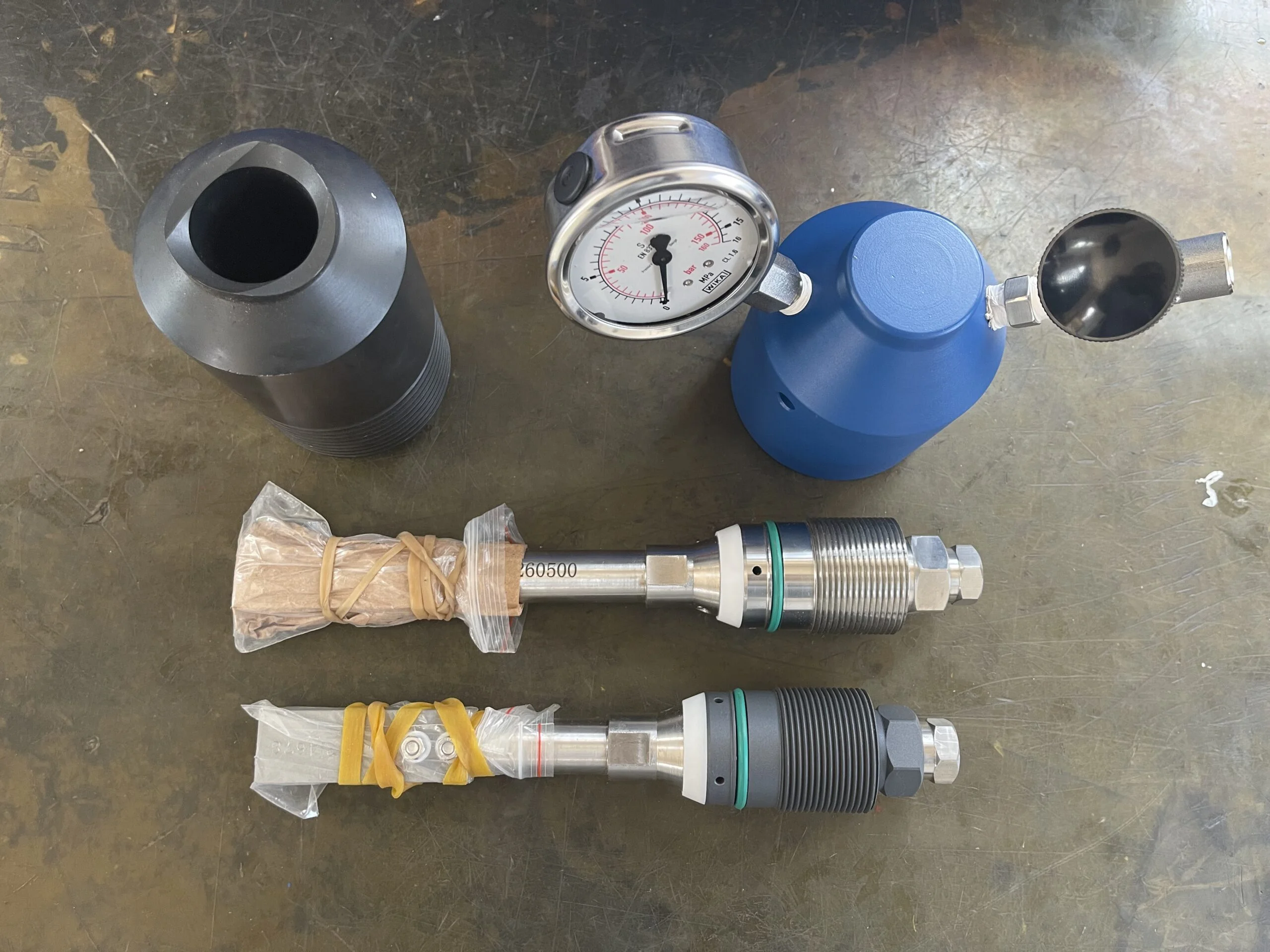
Advantages of Using Corrosion Coupons in Pipelines
- Accurate corrosion rate measurement.
Accurate measurement of corrosion rates is paramount for ensuring the longevity and safety of infrastructure. By using standardized methods and calibrated equipment, one can obtain precise data on how fast materials are deteriorating. This accuracy is not just about numbers; it provides a clear picture of the system’s health, allowing for timely interventions. Moreover, with precise measurements, industries can compare the effectiveness of different corrosion protection methods, leading to more informed decisions.
- Cost-effective monitoring solution.
Corrosion coupons offer a cost-effective way to monitor corrosion compared to other methods like electronic probes or ultrasonic testing. Their simple design and ease of use mean that they don’t require expensive equipment or specialized training. Over time, the savings from using corrosion coupons can be substantial, especially when considering the potential costs of undetected corrosion leading to system failures.
- Ability to predict future corrosion and plan maintenance.
One of the significant advantages of monitoring corrosion rates is the ability to forecast future corrosion trends. By analyzing data from corrosion coupons over time, industries can identify patterns, understand the factors influencing corrosion, and predict when and where corrosion might become a problem. This predictive capability allows for proactive maintenance planning. Instead of reacting to issues as they arise, companies can schedule maintenance, and replacements, or apply corrosion inhibitors in advance, ensuring uninterrupted operations and minimizing downtime.
Installation and Maintenance
Best practices for installing corrosion coupons.
One of the significant advantages of monitoring corrosion rates is the ability to forecast future corrosion trends. By analyzing data from corrosion coupons over time, industries can identify patterns, understand the factors influencing corrosion, and predict when and where corrosion might become a problem. This predictive capability allows for proactive maintenance planning. Instead of reacting to issues as they arise, companies can schedule maintenance, and replacements, or apply corrosion inhibitors in advance, ensuring uninterrupted operations and minimizing downtime.
Challenges and Troubleshooting
Common Issues Faced with Corrosion Coupons:
- Improper Installation: If not installed correctly, corrosion coupons might not provide accurate data. For instance, if not placed in the direction of fluid flow, the coupon might not capture erosion corrosion effectively.
- Contamination: Residues or contaminants on the coupon’s surface before installation can skew results, leading to inaccurate corrosion rate measurements.
- Inconsistent Exposure: If a coupon is not uniformly exposed to the corrosive environment, it might show uneven corrosion patterns, making analysis challenging.
- Dislodgment: In systems with high flow rates or turbulence, improperly secured coupons can become dislodged, leading to loss of data or potential system blockages.
- Overexposure: Leaving the coupons in the system for too long can result in excessive corrosion, making it difficult to determine an accurate corrosion rate over the intended monitoring period.
Solutions and Recommendations for Corrosion Coupon Issues:
- Proper Installation: Adhere to manufacturer guidelines and position coupons in representative areas, aligned with fluid flow in pipelines.
- Clean Before Use: Remove contaminants from coupons before installation using recommended methods.
- Ensure Secure Mounting: Regularly inspect coupons to confirm they remain securely in place.
- Timely Retrieval: Set and adhere to a consistent exposure period to avoid overexposure.
- Post-retrieval Cleaning: Use standardized methods to remove all corrosion products before weighing.
- Monitor Conditions: Track and document system conditions like temperature and pressure.
- Use Corrosion Inhibitors: Consider introducing inhibitors if corrosion rates are high.
- Choose Appropriate Materials: Select coupon materials that resist galvanic corrosion in mixed-metal systems.
- Provide Training: Ensure staff are trained in all aspects of corrosion coupon handling.
- Maintain Records: Keep detailed records of each coupon’s installation, retrieval, and analysis data.
Conclusion
Corrosion coupons in pipelines play an indispensable role in monitoring and safeguarding infrastructure against the detrimental effects of corrosion. By understanding their types, ensuring accurate installation, addressing common issues, and implementing recommended solutions, industries can optimize their use. Proper management of corrosion coupons not only ensures the longevity and safety of systems but also provides valuable insights for informed decision-making. In essence, they are a cost-effective and reliable tool in the arsenal of corrosion management and prevention.

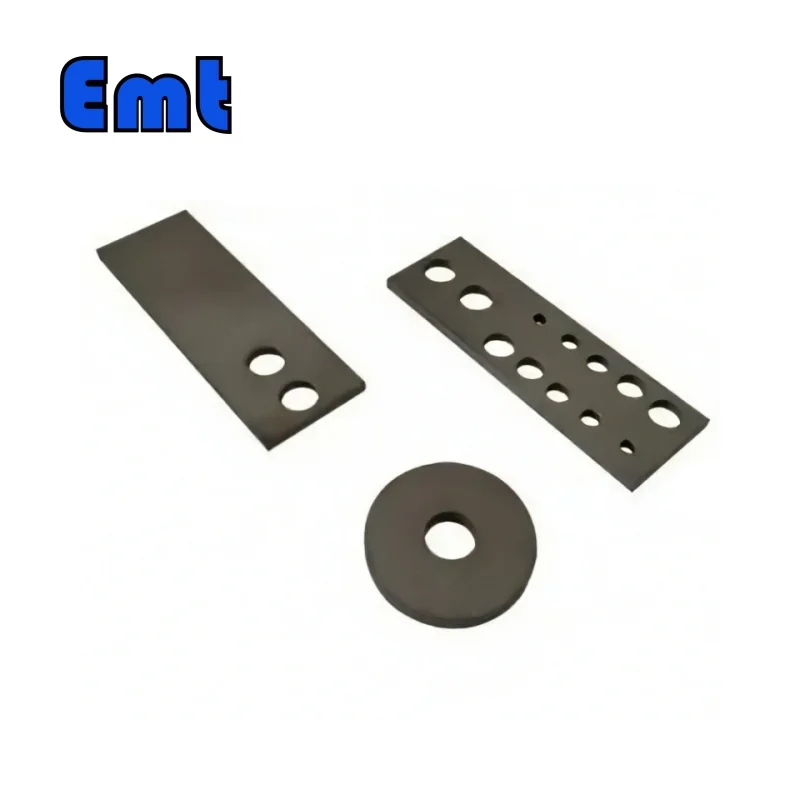
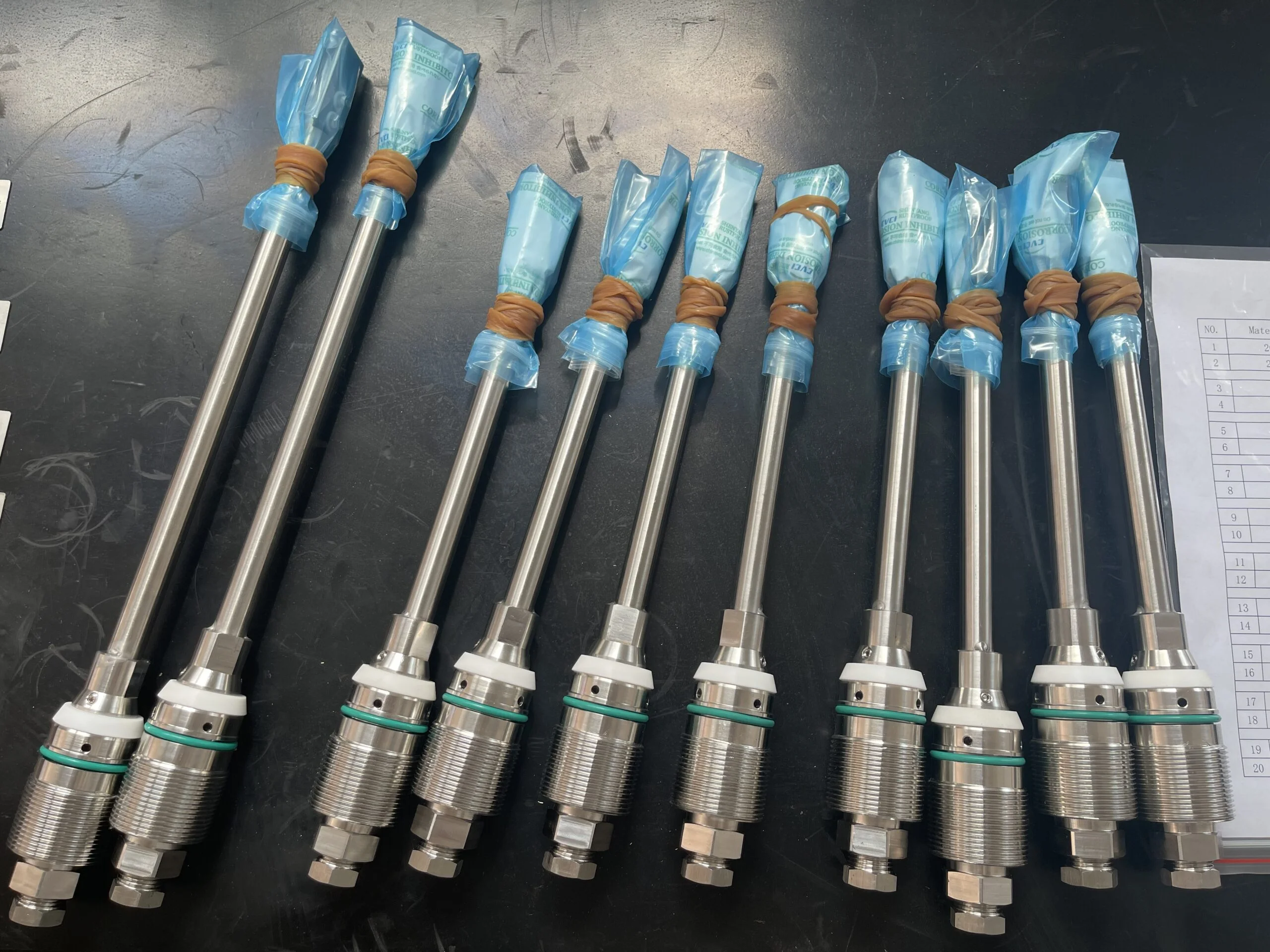
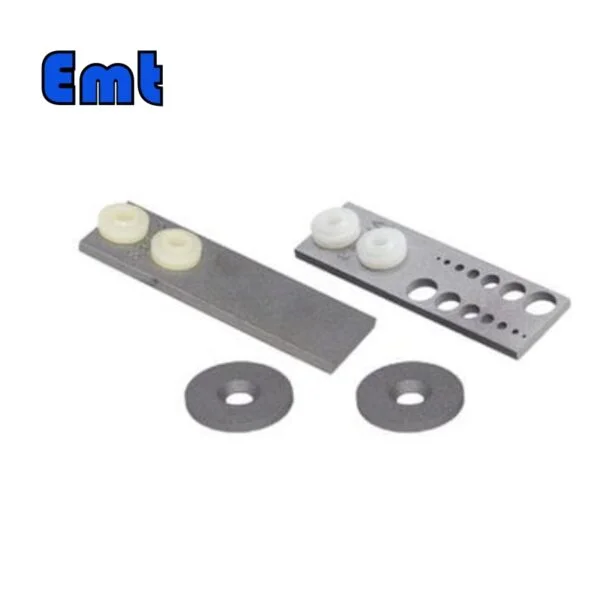
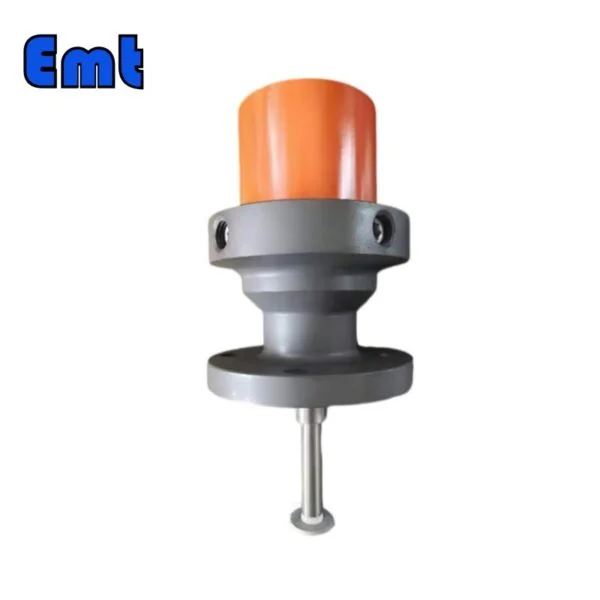
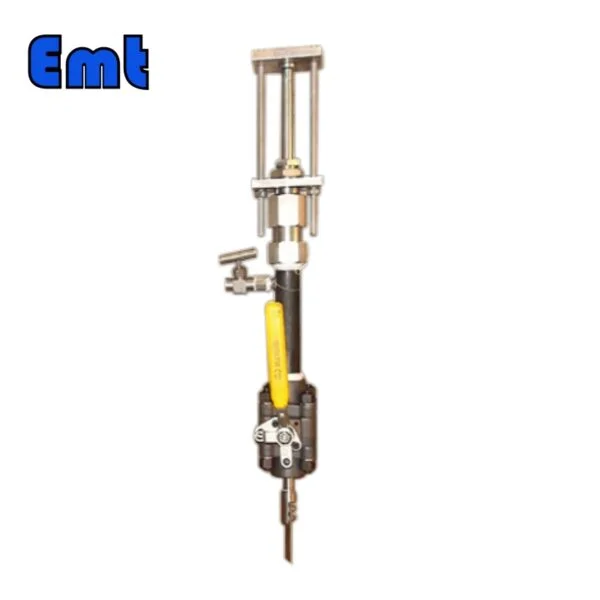
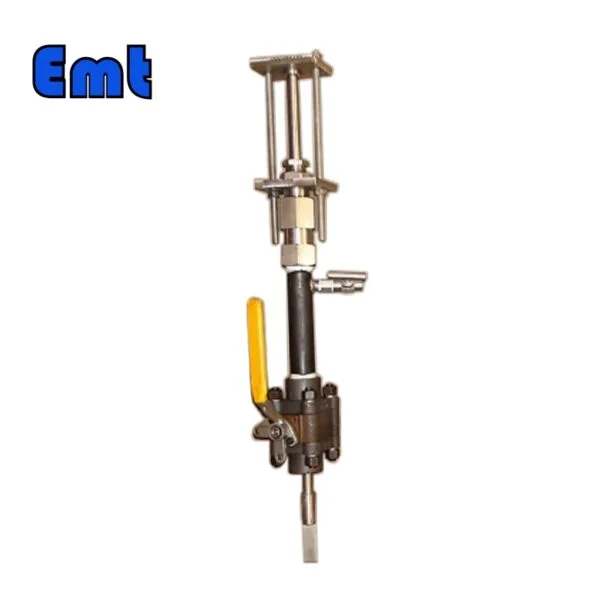
Reviews
There are no reviews yet.